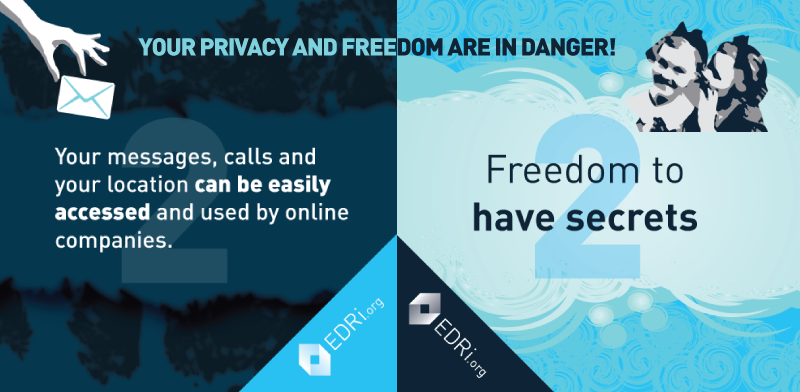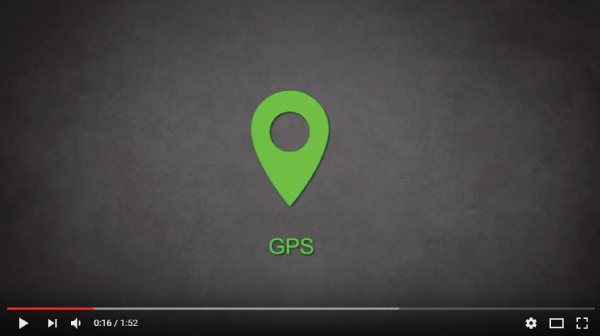#2 Freedom to have secrets: How to keep your information private
This is the second blogpost of our series dedicated to privacy, security and freedoms. In the coming weeks, we will explain how your freedoms are under threat, and what you can do to fight back.
In our previous blogpost we described “cookies” and how they help to make a profile of your personality. This time we explain how your freedom to have secrets is at risk.

Big Data Surveillance: What is that and how it works?
Today, more and more devices and appliances connect to the internet, and most of our communications are in the hands of private companies. These companies often collect data about us: Your “free” email service is very probably routinely screening the contents of your emails, and using this information for advertising purposes. Based on your mobile phone’s location data, it’s not very difficult for companies to find out where you are at every moment, guess what you might be interested in, and who your friends are.
Could you imagine that a toothbrush or a television could be used to spy on you? Or that searching for a recipe to cook lentils could lead into anti-terror squads raiding your home?
If companies are able to read your emails, sms and chats, and to know constantly where you are, and with whom you have close relationships, how can you keep anything to yourself, or to share only with those who you choose? This kind of snooping is a threat to your freedom to have secrets! Even if the companies have no bad intentions, creation of databases with vast amounts of personal data generates huge security risks.
How to claim back your freedom to have secrets
To keep some of your information private, disable location in your smartphone, and check out these tools:
![]()
Signal: Recommended by whistleblower Edward Snowden as one of the best available apps, this application allows you to chat securely. All the communications are encrypted end-to-end by default, including group chats and attachments. This means that nobody but the person to whom you send the message will be able to read its contents. Sometimes it is a pain to change to a different technology. However, the more people that use Signal, the more people will use Signal! Privacy and security needs leaders to set an example… Try Signal, it’s as easy as any other instant message app! Ask the five people with whom you are in contact the most regularly to start using it, too, and you’ll be able to chat with them, with no risk to your privacy and security.

Want to go a step further? Why not encrypting your smartphone? Check the full disk encryption options in Android security settings, and check the “data protection” options in iPhones and iPads to improve your security beyond the defaults.
See more advice from our member organisation, the EFF, about how to keep your information safe here.
You can find more tools in the surveillance self-defense guide by the EFF.
John is dealing with location surveillance in this video, prepared by our member Association for Technology and Internet (ApTI) – Romania:
What can politicians do to safeguard your freedoms online?
The rules on online privacy in the EU (ePrivacy Directive) will be soon updated. This law is dealing with privacy and confidentiality of communications for the entire EU, and it affects tracking and other issues related to your freedoms online. Are politicians ready to fight for your privacy and security?
Read our previous blogposts here, and stay tuned to our next blogposts to know more about your freedoms online, and how they are threatened!


